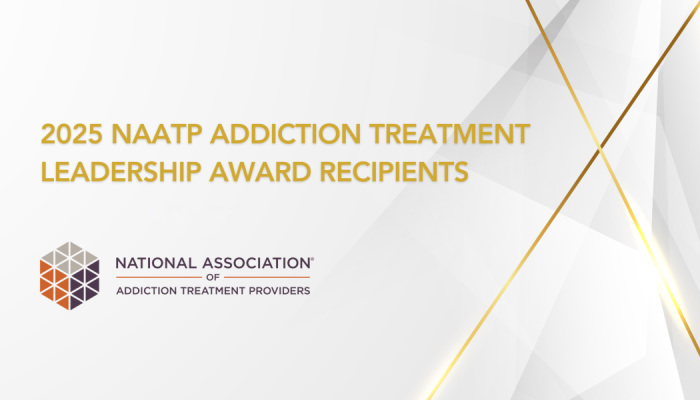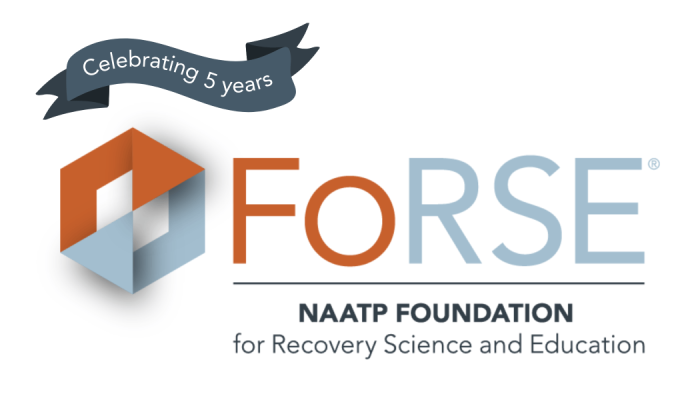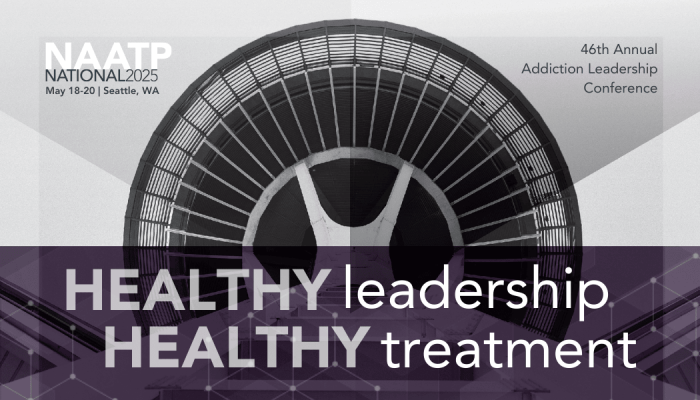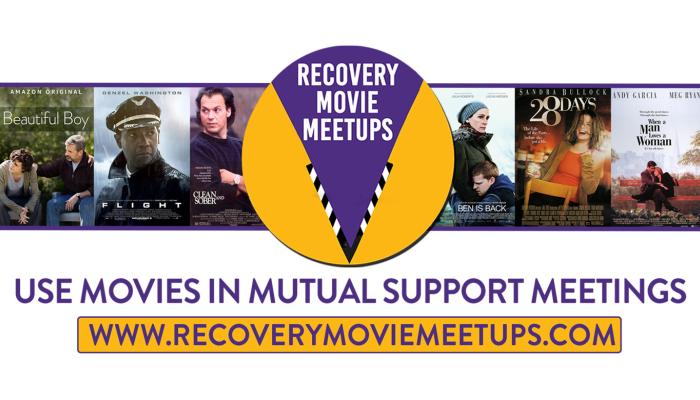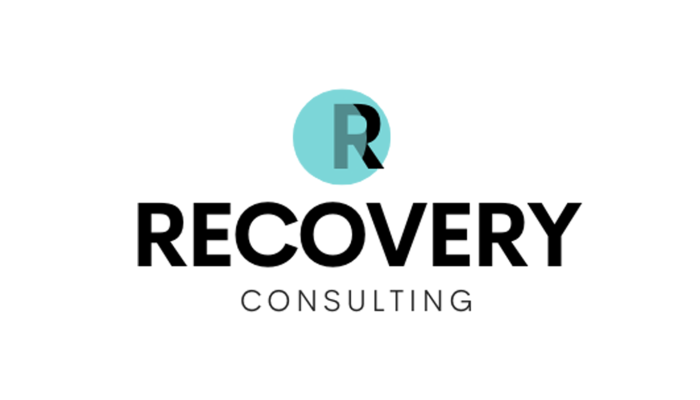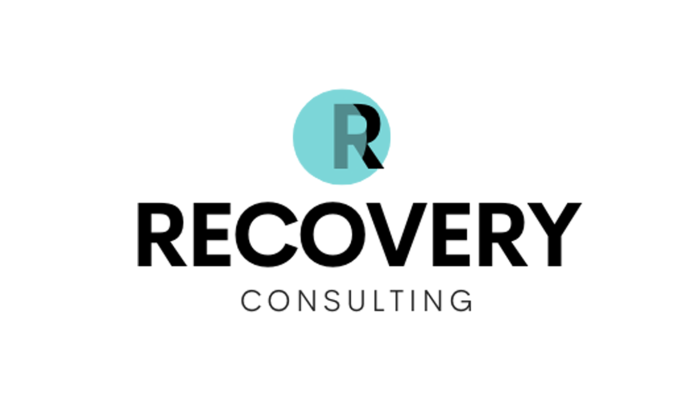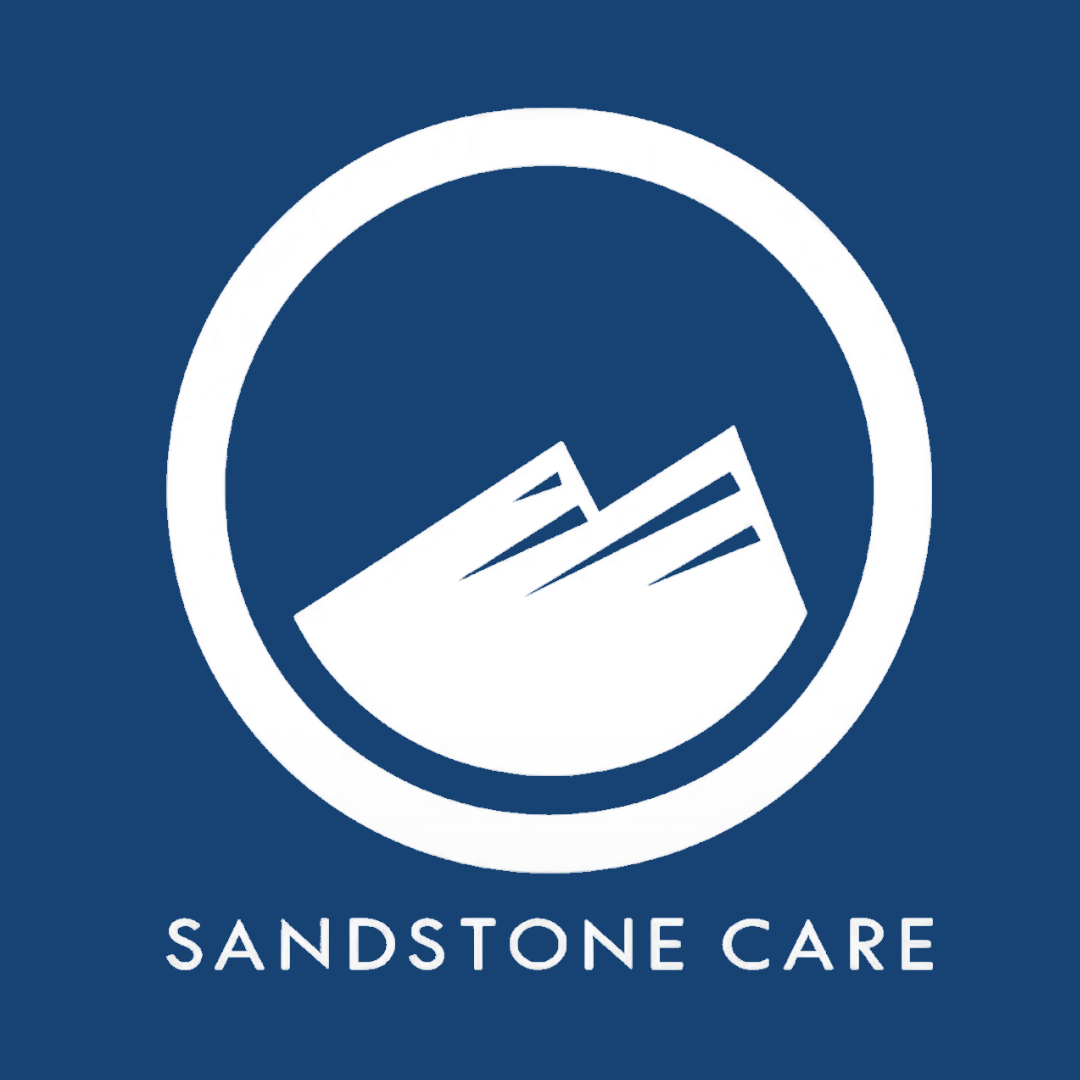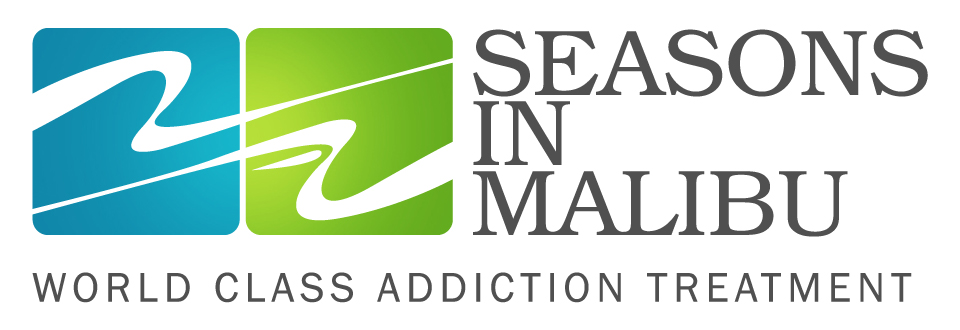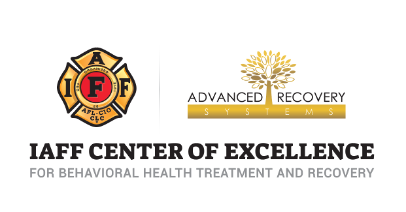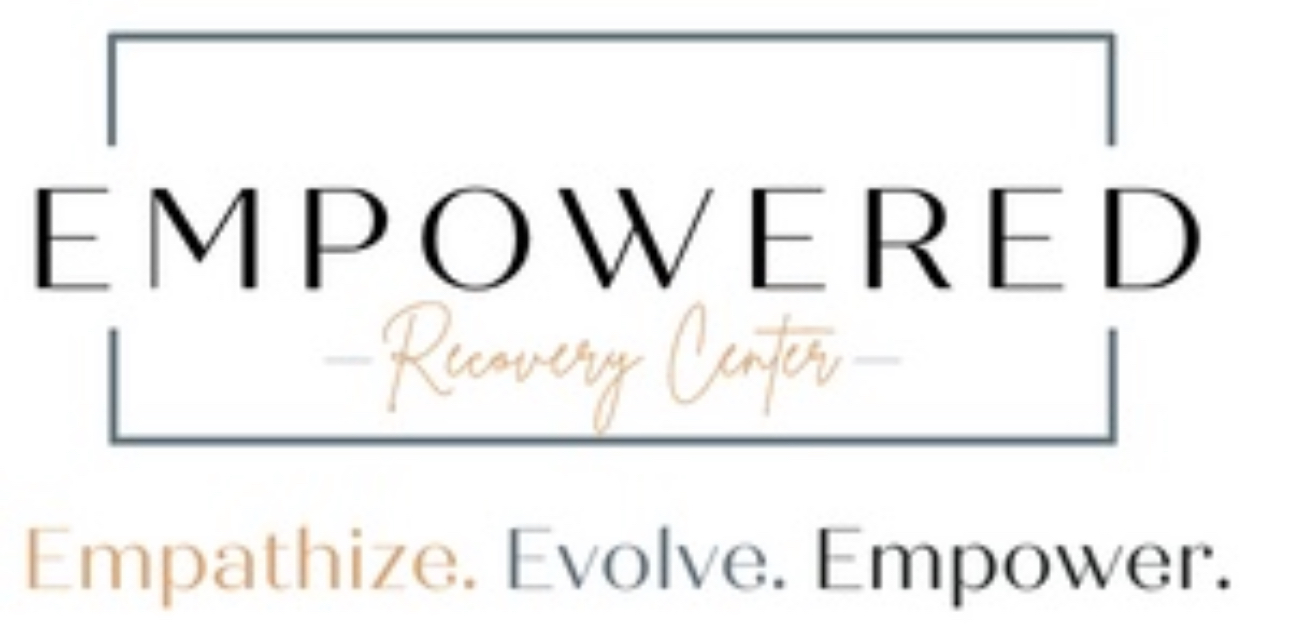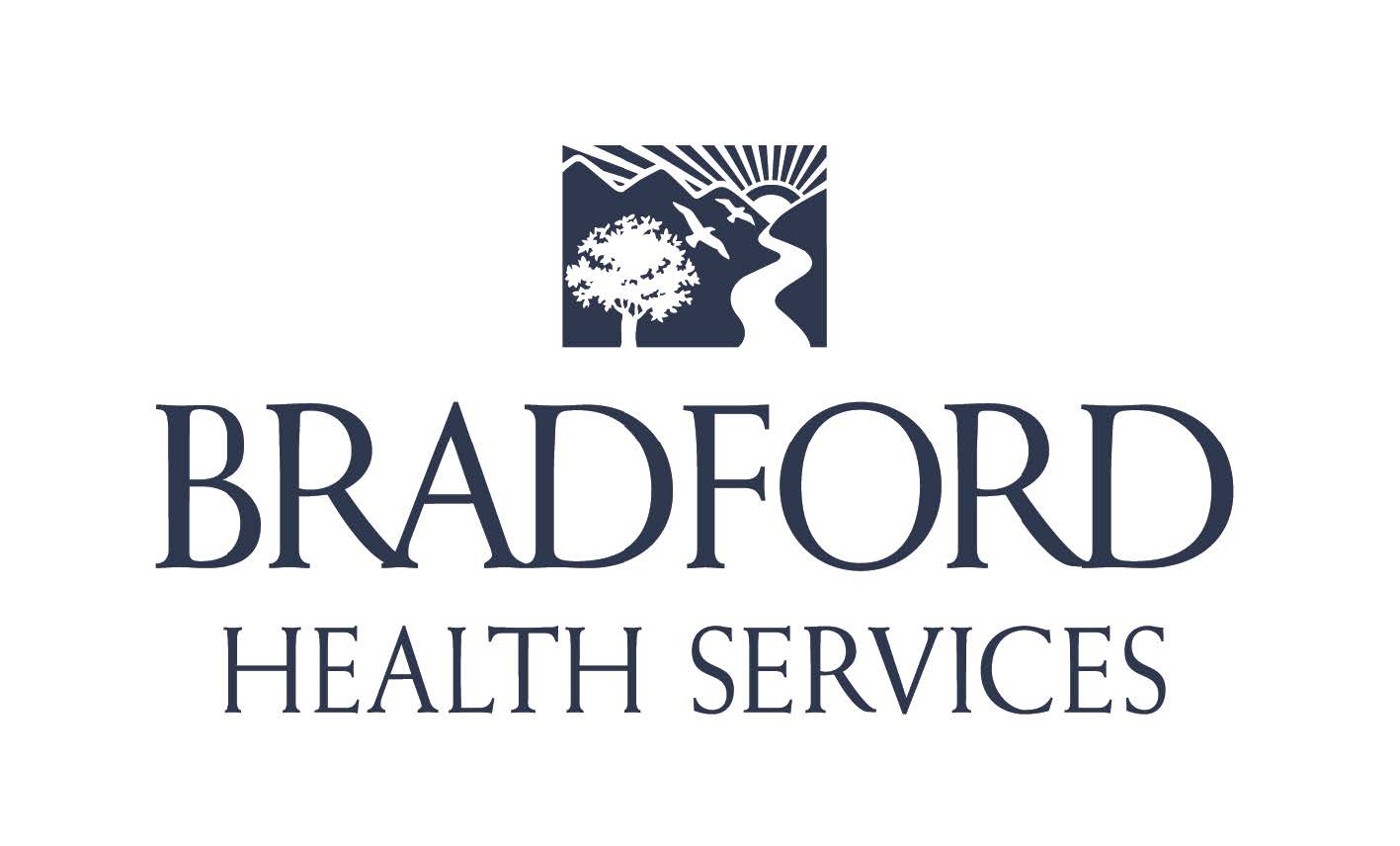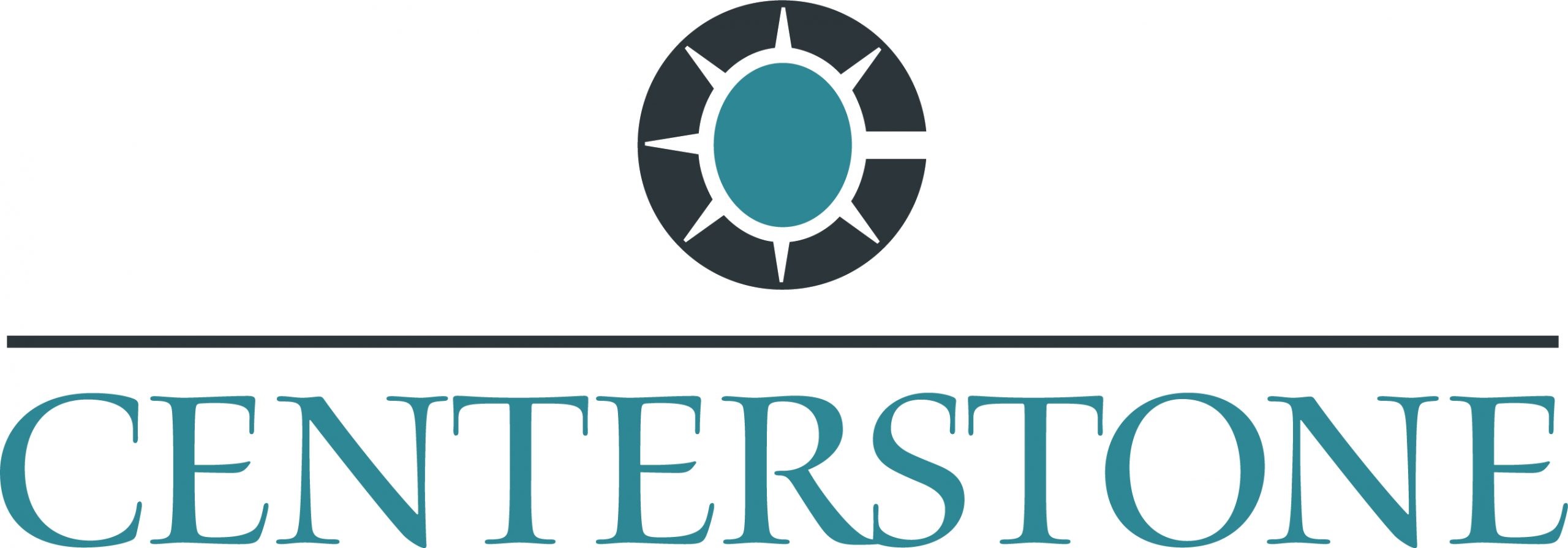Jun 20, 2024
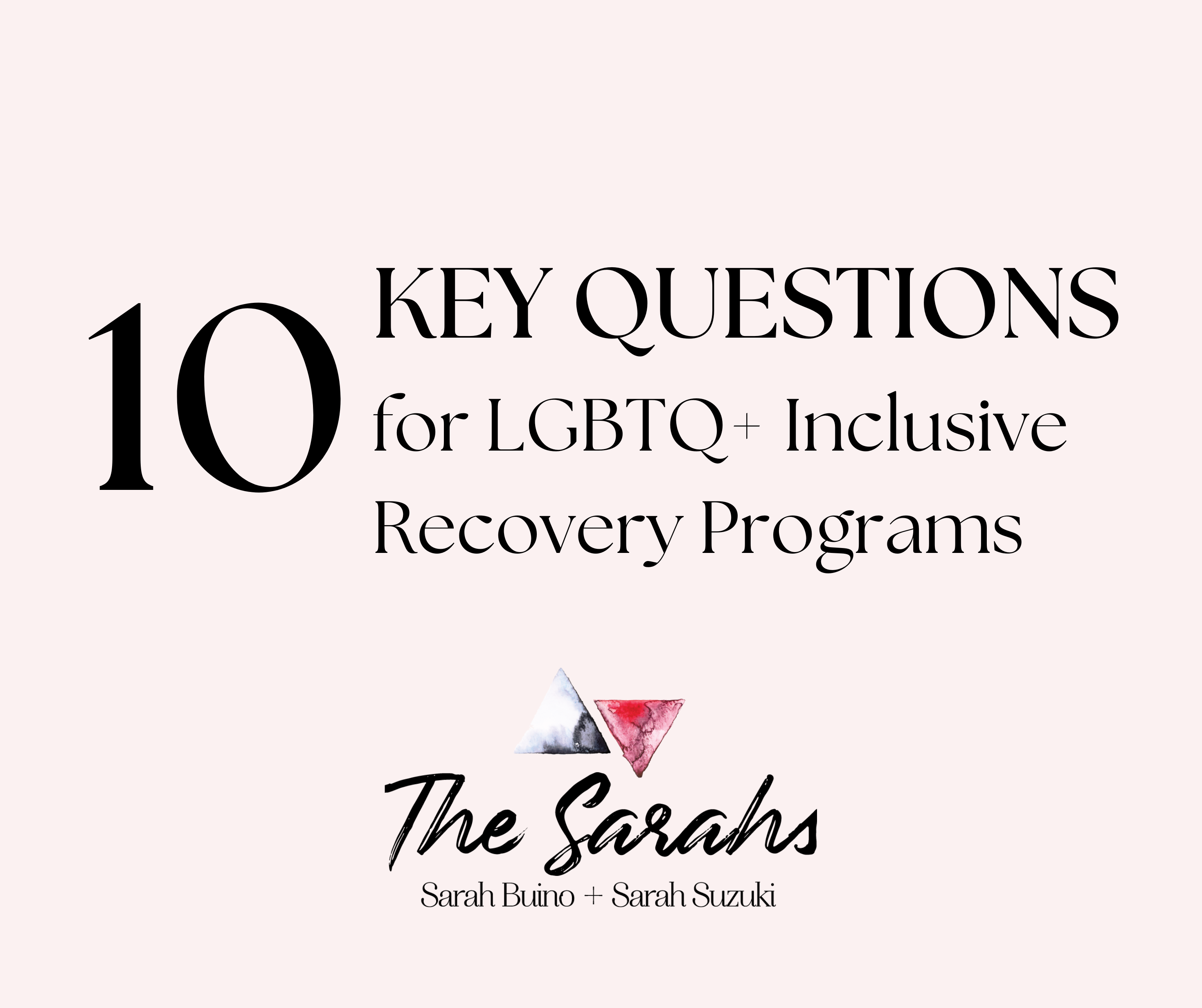
Addiction recovery programs play a vital role in supporting the well-being and success of individuals, including those who identify as LGBTQ+. While Pride Month is an excellent opportunity to celebrate LGBTQ+ identities, maintaining cultural responsiveness throughout the year is essential. This blog seeks to empower program managers with practical strategies to foster inclusivity and affirmation for LGBTQ+ clients, ensuring their unique needs are met beyond June.
LGBTQ+ individuals in addiction recovery may face unique challenges that impact their treatment experiences and outcomes. These challenges can include:
- Historical trauma and discrimination leading to mistrust of healthcare systems and professionals.
- Minority stress from societal prejudice and stigma contributing to mental health issues and substance use.
- Lack of affirming spaces in treatment programs, hindering participation and progress.
- Isolation and limited social support networks making sustained recovery more complex.
As a program manager, you have the power to address these challenges and create culturally responsive programming that effectively supports LGBTQ+ clients. Here’s how:
Reflection Questions for Auditing Your Current Programming
1. How are we ensuring that our treatment programs are inclusive and affirming of LGBTQ+ individuals throughout the year, not just during Pride Month?
Avoid “pink-washing” by demonstrating a genuine, year-round commitment to the LGBTQ+ community. Evaluate your program’s inclusivity from a client’s perspective.
Reflection:
- Do I see visual representations that I am accepted here? (Progress pride flag, safe space language, etc.)
- Does the language that staff use allow me to feel safe as my authentic self?
- Do I have to explain certain aspects of my identity to be understood?
- When I feel someone does not accept my identity, do staff take me seriously and offer support?
2. How does the language of our forms reflect inclusive sexual orientations and gender identities?
To ensure your program is inclusive and affirming for LGBTQ+ clients, review the language used throughout the client journey, from initial screening to intake and clinical assessment.
Reflection:
- Are there options for clients to self-identify their sexual orientation and gender identity?
- Are the options inclusive of a wide range of identities, such as “gay,” “lesbian,” “bisexual,” “pansexual,” “queer,” “transgender,” “non-binary,” and “gender non-conforming”?
- Is there an open-ended option for clients to write in their identity if it’s not listed?
- Are the questions phrased in a non-judgmental and affirming manner?
Client Literature:
- Do materials use gender-neutral language, such as “they/them” pronouns or “partner” instead of “boyfriend/girlfriend”?
- Are there any assumptions made (or implied) about sexual orientation or gender identity in the language used?
- Do the materials include information about LGBTQ+-specific resources, support groups, or events?
While programs may claim clients can disclose their identities at any stage, culturally responsive programming goes further. It ensures the language used normalizes diverse identities and empowers clients to share their authentic selves without fear of judgment or discrimination.
Indications you’re on the right track:
- Inclusive options for sexual orientation and gender identity are present throughout the client’s journey.
- Open-ended options are available for clients to self-identify.
- Gender-neutral language is used consistently.
- LGBTQ+-specific resources and support are highlighted in the materials.
Indications you may want to revise your materials:
- Binary gender options or limited sexual orientation options.
- Assumptive language about sexual orientation or gender identity.
- Lack of LGBTQ+-specific resources or information.
- Forms that feel clinical or non-affirming in their language.
By reviewing and updating your program’s language and materials, you demonstrate a formal commitment to ensuring more responsive care in the treatment process.
3. How do we onboard new staff members into our shared vocabulary of inclusivity?
The importance of onboarding new staff with a shared vocabulary of inclusivity cannot be overstated, particularly in addiction treatment centers where understanding and empathy are crucial to effective care. Establishing a common language around inclusivity from the outset ensures that all team members are aligned in supporting LGBTQ+ individuals, fostering an environment where every client feels seen, respected, and valued.
A shared vocabulary of inclusivity goes beyond correct terminology; it requires understanding LGBTQ+ identities, experiences, and challenges. This common language prevents miscommunications that can harm clients or create an unwelcoming atmosphere, such as misusing pronouns or confusing sexual orientation with gender identity.
4. What mechanisms exist for staff members to express concerns free of retaliation?
Staff feedback is invaluable in creating an inclusive addiction treatment program. Frontline providers experience firsthand how well the program serves LGBTQ+ clients, and their insights drive change and growth.
To encourage open communication:
- Anonymous suggestion boxes or online forms for safe sharing.
- Regular check-ins for honest discussions.
- Clear guidelines for handling feedback efficiently.
- Strong anti-retaliation policies to protect staff who speak up.
Valuing staff feedback shows commitment to inclusivity. It leads to better care, staff well-being, and a more robust program that makes a difference.
5. How does our programming currently center heterosexual relationships and the gender binary as “normal, standard, and good?”
Many addiction treatment programs, often unintentionally, center on heterosexuality and the gender binary as the default norms. This can manifest in various ways, including counseling approaches that assume heterosexual relationships and traditional gender roles. Such practices can alienate LGBTQ+ clients, making them feel misunderstood or excluded, which can hinder their treatment and recovery process.
Reflection:
- Does the language in our forms, educational materials, or marketing make assumptions asserting heterosexuality or gender binary as the norm? For example, asking about a “husband” or “wife” instead of using neutral terms like “partner” can exclude those in same-sex relationships.
- Do our educational materials and counseling sessions predominantly feature heterosexual couples and scenarios, or do they also include a diverse representation of families?
- Do our facilities offer safe and identity-affirming housing options for non-binary and transgender clients?
- Do our facilities offer gender-neutral bathrooms?
- Do our programs offer support groups specifically designed for LGBTQ+ clients or inclusive of all gender identities and sexual orientations?
- Do we regularly seek feedback from LGBTQ+ clients about their experiences and use this information to continually improve inclusivity in the program?
6. How are staff instructed to respond to instances of clients using hate speech?
Program rules may forbid hate speech, but staff often struggle to intervene effectively when clients use hateful language. They need support to respond appropriately, not remain silent or admonish ineffectively.
Hate speech harms LGBTQ+ and marginalized clients’ mental health and recovery. Train staff in culturally responsive interventions that prioritize safety and well-being
Training should cover:
- Calling out: Immediately interrupting and clearly stating that hate speech is unacceptable.
- Calling in: Engaging in respectful dialogue to explore underlying beliefs, experiences, and the impact of the speech.
Equipping staff with these skills and consistently enforcing policies fosters a supportive environment for LGBTQ+ clients, enhancing engagement, trust, and recovery success.
7. How are staff educated on gender and sexual orientation?
Training staff to work effectively with LGBTQ+ clients who struggle with substance use disorders is crucial for providing compassionate, competent, and effective care. This specialized training is essential because LGBTQ+ individuals often face unique challenges and stressors that can impact their substance use and recovery process.
Quality training should include:
- Understanding unique stressors.
- Addressing health disparities.
- Building trust.
- Reducing barriers to care.
- Client-centered, culturally competent care.
By investing in comprehensive staff training, addiction treatment centers can ensure that they provide high-quality, inclusive care that addresses the specific needs of LGBTQ+ clients. This not only improves treatment outcomes but also demonstrates a commitment to equity, respect, and support for all individuals seeking help for substance use disorders. Reference NAATP blog about DEI Consultants and Trainers for training opportunities.
8. What partnerships do we maintain in the community to support enriched aftercare support for LGBTQ+ individuals?
Reviewing your program’s aftercare support resource list and directory of referrals is essential to ensuring comprehensive and culturally responsive aftercare support for LGBTQ+ individuals.
Reflection:
- Does our aftercare resource list include LGBTQ+-specific organizations, support groups, providers, and services?
- Are we actively partnering with these organizations to provide tailored resources and ongoing support for our LGBTQ+ clients?
- Do our referral directories include healthcare providers, therapists, and other professionals who specialize in working with the LGBTQ+ community?
By incorporating LGBTQ+-specific resources and referrals into your aftercare planning, you can better promote the long-term recovery success for LGBTQ+ individuals.
9. What mentorship or coaching do we offer staff who may struggle with inclusive ideas about gender and sexual orientation?
Mentorship and coaching are vital for supporting staff who struggle with inclusive ideas about gender and sexual orientation. Effective strategies include:
- Leadership Support: Ensuring leaders model inclusive behaviors and maintain an open-door policy for guidance and support.
- Peer Mentorship Programs: Pairing less experienced staff with knowledgeable colleagues for guidance, regular check-ins, and modeling inclusive behaviors.
- Professional Coaching: Engaging external coaches with LGBTQ+ expertise to provide personalized support and goal-oriented coaching.
- Inclusive Training Workshops: Conducting interactive, ongoing workshops and refreshers that engage staff through role-playing and scenario-based exercises.
- Safe Space Discussions: Facilitating open discussions and anonymous Q&A sessions to allow staff to express concerns and learn in a non-judgmental environment.
- Exposure and Immersion: Encouraging participation in LGBTQ+ community events and organizing client panels to humanize issues and foster empathy.
- Reflective Practices: Incorporating self-reflection exercises and journaling to deepen self-awareness and address personal biases.
- Performance Reviews and Feedback: Including inclusivity practices in evaluations, providing constructive feedback, and recognizing staff who show significant growth in inclusivity.
Implementing these strategies helps staff overcome biases and develop the necessary skills to provide affirming care to LGBTQ+ clients, enhancing the overall quality of care and fostering a supportive environment for all.
10. How can we shift our conversation from talking about needs and deficits to strengths?
In the spirit of Pride Month, addiction recovery programs must shift their language and approach. Instead of focusing on the needs and deficits of LGBTQ+ individuals, they should celebrate and affirm their strengths.
Queer communities have long led the addiction treatment field. During the AIDS crisis, grassroots LGBTQ+ members created resource centers, support networks, and harm reduction resources. They reshaped the conversation around substance use disorders and emphasized compassionate, community-driven interventions.
Our field owes a debt to the LGBTQ+ community for their pioneering work and commitment to supporting addiction treatment access.
Their contributions include:
- Emphasizing community support and connection in recovery.
- Integrating harm reduction strategies to meet clients where they are and prioritize their safety.
- Developing culturally responsive interventions that acknowledge and celebrate the diverse LGBTQ+ experiences and identities.
- Promoting a holistic approach to recovery that addresses unique LGBTQ+ challenges, such as minority stress and discrimination.
- Fostering pride, resilience, and empowerment among LGBTQ+ clients by recognizing their strengths and community power.
Everyone benefits from these contributions. This perspective shift honors Pride Month’s legacy and acknowledges queer communities’ ongoing contributions to addiction treatment.
Conclusion
Maintaining cultural responsiveness in addiction recovery programs is a year-round commitment, not just a one-time effort for Pride Month. By actively implementing the discussed strategies and regularly evaluating their effectiveness, program managers can create an environment that better supports LGBTQ+ clients. Take action, continuously seek ways to improve your programs, and remain open to ongoing learning and growth. Together, we can foster inclusive and affirming spaces where everyone feels valued and supported on their recovery journey.
For additional research on this topic, please read Characteristics of Outpatient and Residential Substance Use Disorder Treatment Facilities with a Tailored LGBT Program.
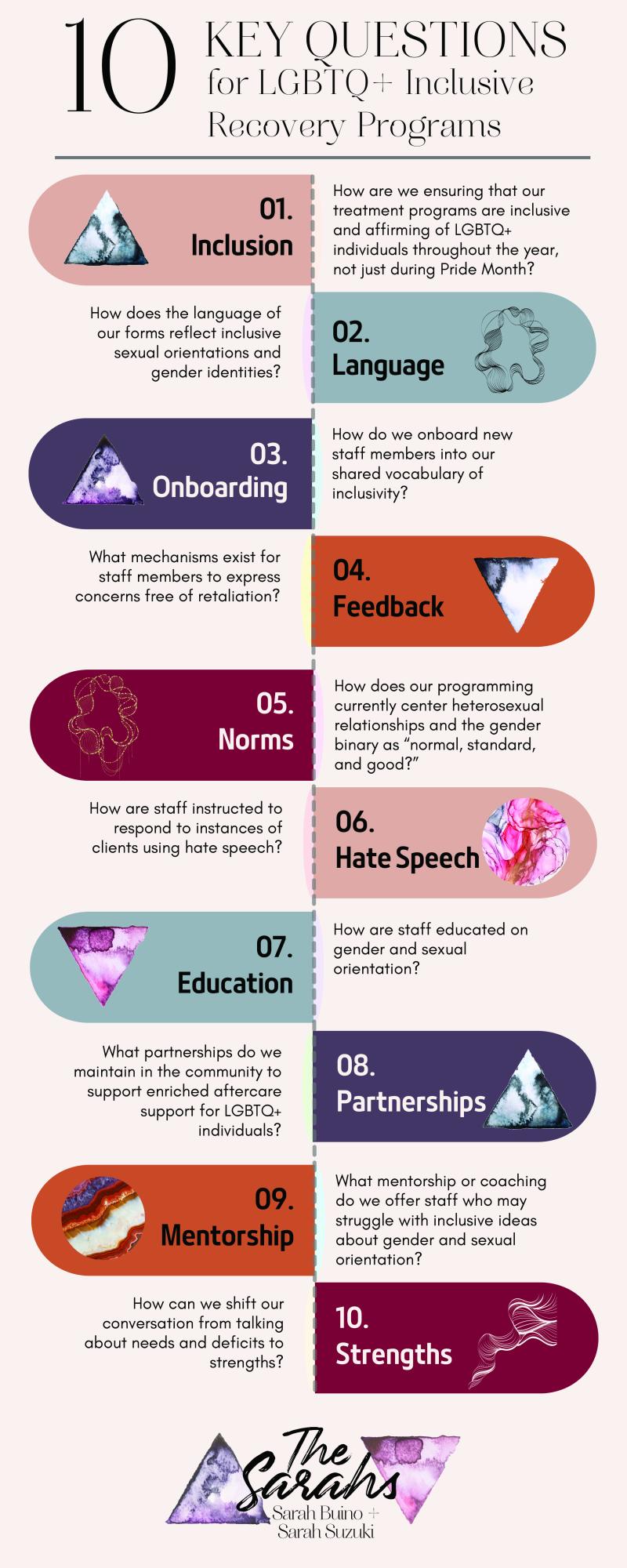
About the Authors:

Sarah Suzuki, Founder, Chicago Compass Counseling and Co-Founder, The Sarahs
Suzuki is a pioneering force in recovery and behavior change. Through her counseling practice, Suzuki champions identity-affirming change while confronting systemic racism. Her transformative initiatives aim to dismantle white supremacy and foster inclusive environments. Her commitment to systemic liberation and personal growth is evident in her advocacy work and community engagement efforts.
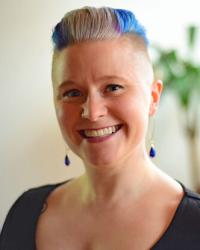
Sarah Buino, LCSW, RDDP, CADC, CDWF, NMT, Founder, Head/Heart Therapy; Creator, Conversations with a Wounded Healer; and Co-Founder, The Sarahs
Buino stands out as a therapist, educator, and the visionary behind Head/Heart Therapy, Inc., and Head/Heart Business Therapy. Embracing personal growth, Buino shares her wisdom as an adjunct faculty member at Loyola University Chicago. Her podcast, "Conversations With a Wounded Healer," delves into self-healing for care-givers, while co-leading "The Sarahs" with Sarah Suzuki, she pioneers workshops to promote inclusivity and combat systemic racism.




